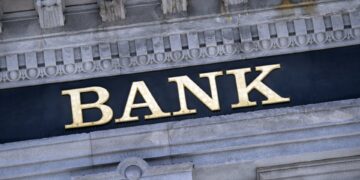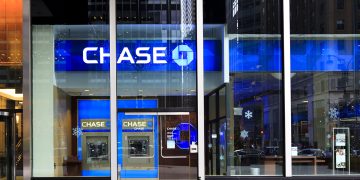BEIRUT – Lebanon received its first batch of COVID-19 vaccines on Saturday with aid from the World Bank, which said it would monitor the inoculation drive to ensure the shots go to those most in need.
About 28,500 doses of the Pfizer-BioNTech vaccine landed at Beirut airport, the first of 2.1 million doses set to arrive in stages throughout the year.
Doctors hope this will ease the pressure on hospitals, battered over the past year by a financial crisis and a port explosion and now fighting some of the region’s highest infection rates.
In its first operation funding the purchase of COVID-19 vaccines, the World Bank reallocated $34 million from an existing health project in Lebanon to help launch the vaccination program.
“We will monitor fair and transparent distribution to priority groups,” Ferid Belhaj, its regional vice president, wrote in a tweet. He said health workers and the elderly would be first in line, and he warned against favoritism.
Caretaker health minister Hamad Hassan told reporters it was a “dream come true” that the first vaccines had arrived nearly a year after Lebanon detected its first case of the virus. He pledged the vaccines would eventually reach everyone, seeking to dispel fears that politicians would try to jump the queue.
‘The best gift’
Firass Abiad, head of Rafik Hariri hospital, said its medical staff would get their shots within 24 hours. “The best gift one can ask for on Valentine’s Day,” he said Saturday on Twitter.
The country also has booked 2.7 million doses through the global COVAX setup for poorer countries, and officials say talks are underway for some 1.5 million doses of the AstraZeneca vaccine.
The total number of doses ordered so far would cover about half of Lebanon’s population of more than 6 million, which includes at least a million Syrian refugees.
Hassan has said Lebanon’s president, parliament speaker and premier would get some of the first vaccines to boost morale. Nearly a month into a strict lockdown that has cut off livelihoods and fueled protests, the government began lifting some restrictions this week. Still, most businesses are closed, and a 24-hour curfew remains in effect.
Since January, a surge in infections has flooded Lebanon after lax measures during Christmas. The outbreak took the nation’s total death toll to almost 4,000.
Many ICU wards have filled up, with shortages of dollars and medical supplies spawning a black market for oxygen tanks.








